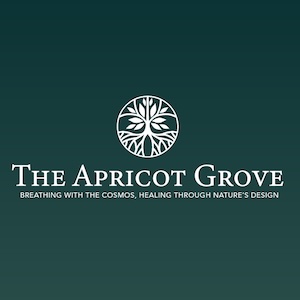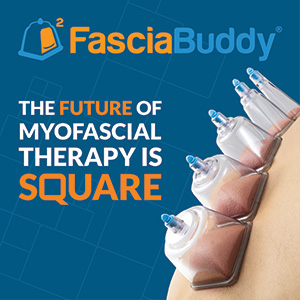Tuning in is a cultivated skill that’s in many East Asian Medicine practitioner’s toolbox. We learn early on to bring our intention, attention, and awareness to the clinic encounter. To pick up subtle movement and cues on the diagnostic table. But our “tuning in” often tends to focus on “outside facing” senses; the appearance, smell, sound, taste, or feel of something.
Interoception turns the gaze to internal sensing—from the clenching of the stomach, to the beating of the heart, or tension in the muscles. It’s tuning in to what is going on inside the body. Nurturing interoceptive awareness and honing a heightened bodily awareness helps us and our patients in our clinical work. It improves our capacity to understand, interpret, and process the world around us.
In this panel discussion with Lisa Taylor Swanson, Elizabeth Osgood-Campbell, and Nick Lowe, we explore interoceptive awareness. We unpack how mindfulness practices can help us cultivate our inner knowing and how ancient Chinese theories factor into all this. We also touch on the use of cutting-edge technologies to track our clinical outcomes and how placebo is merely stuff we don’t yet understand about medicine.
Listen into this discussion on making meaning of our inner sensations and leaning on this to improve our embodied experiences and clinical outcomes.
- What is the ACU-Track system, and how does it work?
- Mind wandering, interoception, and being able to attend to our body’s inner sensations
- How interoceptive awareness applies in our East Asian Medicine world
- Monitoring a patient’s interoceptive awareness and helping them go deeper into their own experience
- “How could people listening to this right now begin to explore or dip into this kind of thing in a way that they can work with their patients and perhaps be a guide?”
- Increasing our capacity to invite, hold space, and be present with our patients – ‘Settled bodies invite other bodies to settle’
- Music and other tools to soothe and settle patients into their internal experiences
- Interpreting interoception in terms of the “Five Spirits” in Chinese medicine, particularly Shen and Yi
- Placebo is what we don’t yet understand about medicine
It’s enough to show up and be present with your patients. In fact, that is nearly everything. You can always look things up in a book. You cannot create presence from a can.
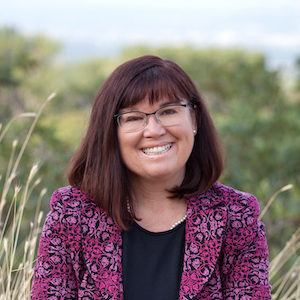 A Nursing Scientist and Licensed Acupuncturist at the University of Utah, Dr. Lisa Taylor-Swanson is a native of Salt Lake City and completed an Honors BS in Psychology with a minor in Women’s Studies at University of Utah. She relocated to the Pacific Northwest and completed a Master’s degree in Acupuncture & Oriental Medicine (Seattle Institute of East Asian Medicine – SIEAM) and a PhD in Nursing Science (University of Washington).
A Nursing Scientist and Licensed Acupuncturist at the University of Utah, Dr. Lisa Taylor-Swanson is a native of Salt Lake City and completed an Honors BS in Psychology with a minor in Women’s Studies at University of Utah. She relocated to the Pacific Northwest and completed a Master’s degree in Acupuncture & Oriental Medicine (Seattle Institute of East Asian Medicine – SIEAM) and a PhD in Nursing Science (University of Washington).
Dr. Taylor-Swanson has provided acupuncture and Chinese herbal medicine in private practice for over 21 years with an emphasis on women’s health. Most recently, Dr. Taylor-Swanson transitioned from full-time private practice to a full-time, tenure-line academic position at Utah. Dr. Taylor-Swanson previously taught at University of Washington and served as Academic Dean at SIEAM. Dr. Taylor-Swanson leads national and international collaborations with colleagues in the United Kingdom and Australia, and serves on the Board of Directors of Society of Acupuncture Research.
Like many practitioners I am frustrated with the limited protocols and unrealistic nature of many acupuncture trials. I want to know how much better patients get when they receive treatments in real-world clinical settings.
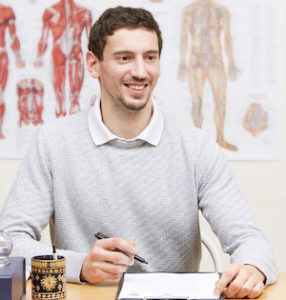 I am an acupuncture practitioner and researcher based in the UK with 10 years of clinical experience. I have undertaken extensive further clinical training in the UK, USA and China, studying with many of the world’s leading experts in fields of acupuncture and Chinese medicine.
I am an acupuncture practitioner and researcher based in the UK with 10 years of clinical experience. I have undertaken extensive further clinical training in the UK, USA and China, studying with many of the world’s leading experts in fields of acupuncture and Chinese medicine.
My primary area of research interest is in real-world clinical outcomes, an interest that first began by conducting a clinical audit in my own practice over many years. This eventually lead me co-found and develop ACU-Track; a new software system which allows acupuncture practitioners to more easily record clinical outcomes in their day-to-day practice. ACU-Track has been awarded a research grant from the British Acupuncture Council (BAcC) and an innovation grant from the EU development fund. I have also been awarded a Junior Research Scholarship from the Society for Acupuncture Research (SAR).
When we are able to guide our attention gently to our bodily sensations (i.e., cultivate interoceptive awareness), a whole universe of possibilities opens up within us!
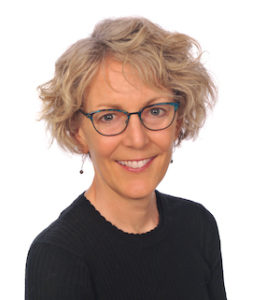
I am a seasoned expressive arts therapist and somatic movement educator who guides individuals and groups into the rich resources residing in their BodyMinds. In addition to being a member of the Continuum Teachers Association and Tamalpa Institute’s faculty, I serve as the Co–Chair of ISMETA’s Research and Publications Committee as well as its Diversity, Equity and Justice Committee.
Currently, I am also a doctoral student at the University of Utah, investigating the impact of interoceptive (somatic) awareness practices on anxiety in midlife women. Life is full and I feel fortunate to be engaged in these meaningful inquiries!
Links and Resources
ACU-Track Website: https://www.acu-track.org/ (Qiological Discount Code: Qi2022US or Qi2022UK)
Lisa Taylor-Swanson Website: University of Utah Webpage
Elizabeth Osgood-Campbell Website: https://www.elisabethosgood.com/
Nick Lowe Website: https://www.nickloweacupuncture.co.uk/











